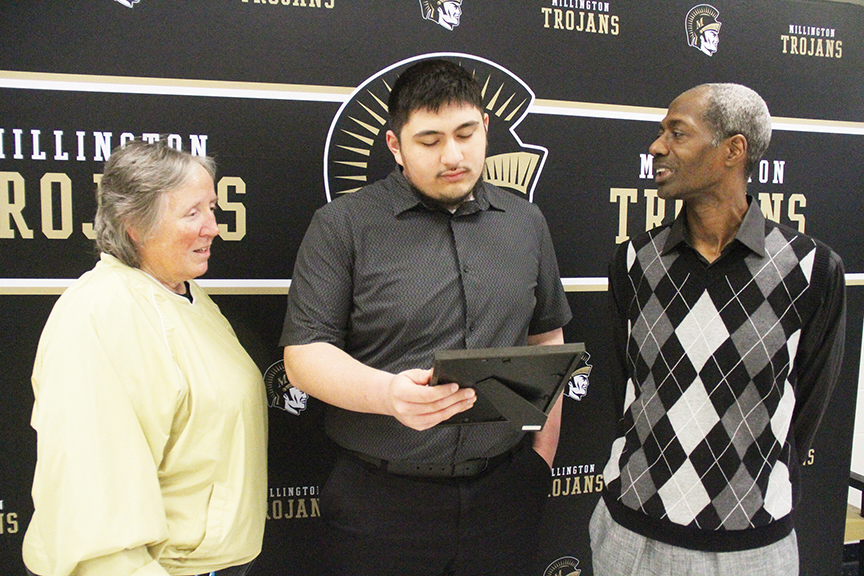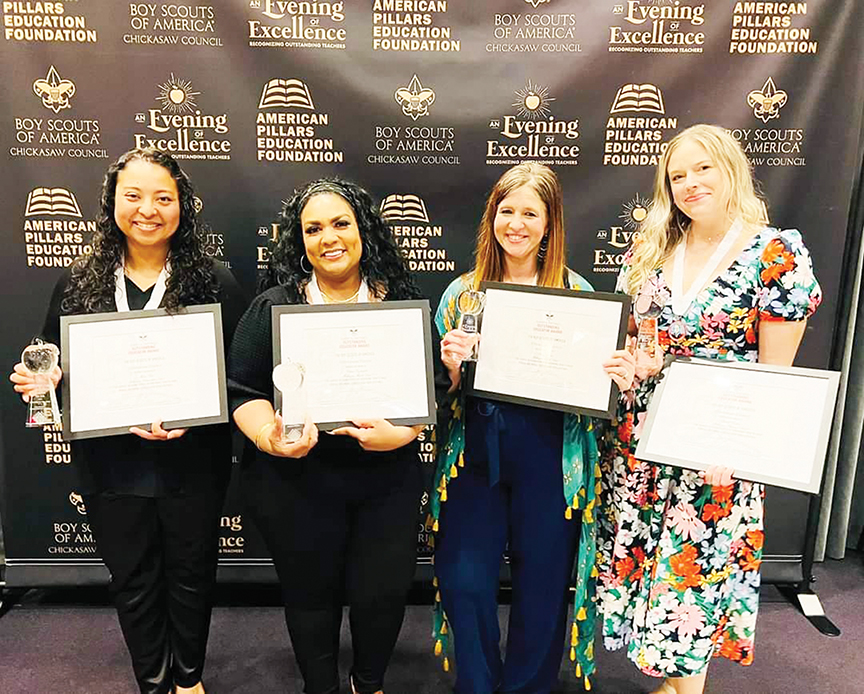By Bill Short
The Millington School Board will conduct another Community Meeting next week to receive input from residents regarding its Strategic Goals for the current fiscal year. The meeting will begin at 6 p.m. Monday in the Board Chamber at City Hall. It will be followed at 7 p.m. by the board’s regular October meeting. Goals that the board developed after an initial Community Meeting are to: (1) Secure stability in local funding; (2) Provide multiple, quality educational paths for students, with emphasis on fine arts and career technical education; (3) Recruit and retain knowledgeable, qualified and caring staff; (4) Demonstrate fiscal responsibility and accountability; (5) Engage parents and the community to actively support students and programs; (6) Provide a state-of-the-art learning environment and an improved academic performance in all areas. During discussion at the board’s Sept. 8 meeting, Vice Chairman Greg Ritter said the goals are expected to be approved “in general” on Oct. 5. Then, they will be submitted to Dr. David Roper, superintendent of Millington Municipal Schools, and the system’s administrative staff to prepare strategies to implement them. The board will approve the strategies at a future meeting. Ritter said the goals need to be “measureable,” because they will be “factored into” the board’s evaluation of Roper and the staff for the next year. While citing some discussion about “changing” student testing for this year, Ritter wondered how academic performance will be compared under the new and existing models. “I don’t want the answer at the end of the year to be, ‘We had a different model, so you can’t really compare,’” he said. “So, how are we going to do that?” Based on what she has read about the new testing model, board member Louise Kennon said she cannot envision it “solving a problem.” “I’ve been in education a long time,” she noted. “And I’ve watched a lot of changes, most of which would have been better left where they started.” While agreeing that students should be taught to “think,” Kennon expressed uncertainty that they will ever understand some of the questions in the model. “We talk about end-of-the-course tests,” she noted. “What happened to a final exam? Doesn’t that work just as well if you’re in high school?” Kennon contended that, if students are given the same test in English and mathematics when they enter and leave the ninth grade, the school system will have something it can measure. “Maybe I’m just too old-fashioned,” she said. “And if I am, it’s OK. You can tell me I am. But I don’t see how we’re going to measure where we are today and at the end of the year if we’re not testing on the same program.” Ritter said he will not consider it “acceptable” to hear next year that this is “apples vs. oranges.” “In the strategy development that we do,” he told Roper, “I think we’re going to have to bridge that gap for the board for the next year.” Kennon noted that she wants less testing, not more, because she believes the students are tested “far too much.” “But I do think we need to compare apples to apples and oranges to oranges,” she said, “and I’m not sure I see that yet.” Roper agreed that there should be some “mechanism” to determine whether, or to what extent, the “specific, identified” goals for the district have been met. But he called that “a pretty daunting task for several reasons.” Citing the first goal as an example, he said “stability” can come on a monthly, annual or a long-term basis. Although the school system feels “good” about its stability in local funding for the current fiscal year, he said it “remains to be seen” whether that will “extend into future years.” And while acknowledging that the system needs to demonstrate improved academic performance, Roper said there is “some question” about how that will be “manifested.” Because the model is a “totally new” testing instrument on a “different platform,” he said it will involve different ways that students can respond. The superintendent said he and the staff will establish an “action strategy” to meet any goals that the school board places before them. But he noted that some of them are more “qualitative” than “quantitative.” Citing the fourth one as an example, Roper said that demonstrating fiscal responsibility and accountability is difficult to quantify, because different people have different judgments.
“People can still have their opinions all they want to and air them for whatever good they think it does,” he concluded. “We want to work with you closely so that these are quantifiable goals, as opposed to just someone’s opinion at the end of the year.”




